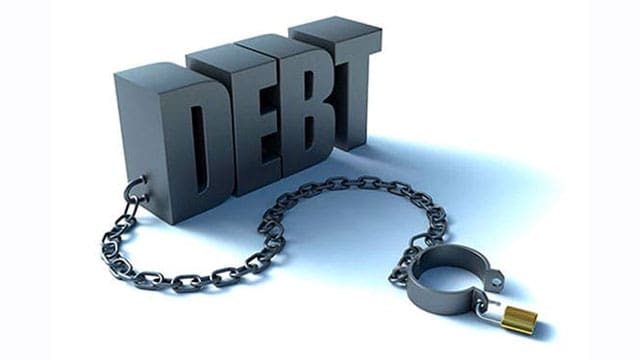You’re deep in trouble and have finally faced the fact you can’t handle that worrisome credit card debt alone. You need professional help. But which financial strategy should you choose? You’ve heard about debt relief but are unsure what all it entails. Well, the following will give you a solid understanding of debt relief services and how they work.
What is Debt Relief?
Also called debt settlement, debt relief is when you hire a company to negotiate with your creditors – usually credit card issuers – to get them to “settle” your unsecured obligations for less than what you owe.
Why Would Creditors Do That?
Well, they don’t want to – would you? – but they usually settle because they know that if they don’t your next step may be bankruptcy, which would net them the grand total of … zero.
How Does Debt Relief Work?
You’ll first find an established, reputable company such as Freedom Debt Relief that handles debt relief services. After an initial phone consultation, during which your situation is assessed, you’ll be asked to deposit cash monthly into a dedicated savings-type account from which each of your settlements will be drawn. Once you’ve saved a sufficient amount, negotiations will begin in earnest.
Will Debt Relief Hurt My Credit?
The process of debt relief will temporarily damage your credit scores, which aren’t good right now anyway, right? You did not get into trouble overnight. And remember that once your debts are cleared, your scores will rebound, and then some.
How Much Does It Cost?
It depends on the company, your debt load and state of residence, but you can figure on paying between 15% and 25% of enrolled debt.
When Can I Expect to Get Out of Debt?
Again, it depends on how much you owe and how many creditors you have, but you’ll likely see debt erasure in two to four years – much faster than you could achieve through minimum payments. Also, the initial settlement typically happens within months.
Aren’t There Lots of Scams in Debt Relief?
Most debt relief companies are legit. However, the industry does have its share of scammers who are looking to take advantage of your vulnerability and your eagerness to shed your debt.
What Kind of Company Should I Seek?
For one thing, you want an established company. Unscrupulous firms typically are drummed out of town in short order. You also want a firm that’s accredited by the International Association of Professional Debt Arbitrators and the American Fair Credit Council.
How Can I Avoid Being Scammed?
Run the name of the company in which you’re interested by your state’s attorney general office and your local consumer protection agency. If complaints are piled up, look elsewhere.
You should also do some research online. It shouldn’t be that difficult to find testimonials from satisfied customers.
What Are Signs of a Scam Company?
A major red flag is if the company seeks payment before it’s settled a single debt for you. Credible companies never ask for payment up front. In fact, it’s illegal to do so. And if you pay you may never hear from the company again.
Bad actors also over promise. That is, they “guarantee” that they can relieve you of debt, often for “pennies on the dollar.” While debt relief is a popular and proven strategy, there are no certainties in negotiations.
Another bad sign is if a company mentions an exciting “new government program” that will make your debts go poof! These companies are hoping to use the term “government” to lend them credibility, but if there were such a program you likely would have already heard about it.
So, now you have a better understanding of how debt relief services work.
Get going on your situation today.
This content is a joint venture between our publication and our partner. We do not endorse any product or service in the article.


